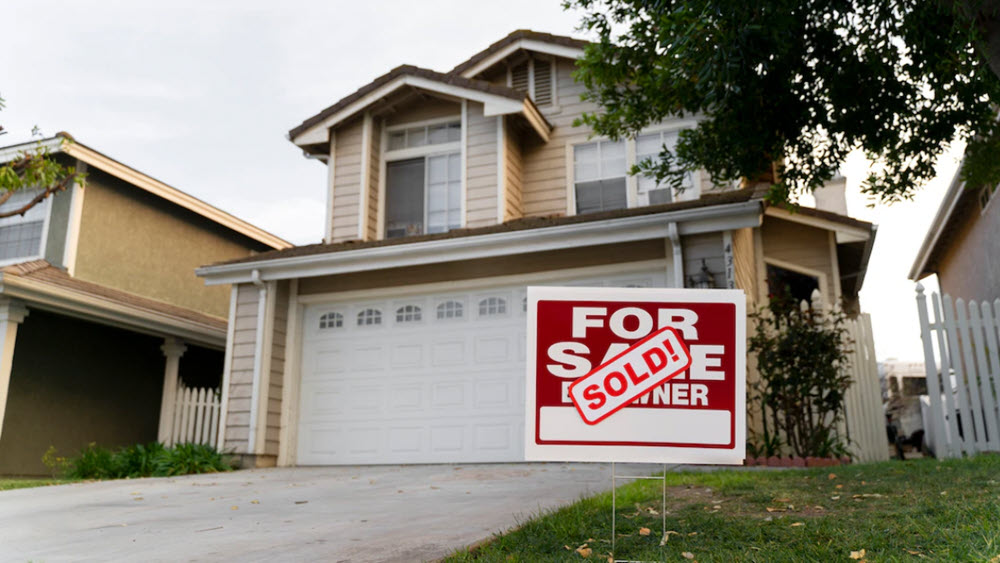Re house sales, something doesn’t smell right here.
This is a short but true story about a house that got sold twice in two years for a good profit without seemingly having any value added.
Someone I know inherited a house from an elderly parent three years ago. It’s in the Southeast, in a nice, old town that’s about 25 minutes from a biggish city in a not-very-rich state. Within that suburban town, the house is in a nice, safe, solidly middle-class subdivision.
Because the parents had been unable to maintain the house, it was in pretty bad shape. The roof was good but the interior was falling apart not to mention being very dated. Half the burners on the stove didn’t work, wallpaper was peeling off, there was mildew in the carpets, and the drywall was damaged. You didn’t want to look too closely at the bathrooms. Outside, porch rails were rotted. It was, in a phrase, a “fixer upper.”
The new owner was trying to decide whether to sell the house as-is, which would have netted him about $150,000 or to try, as best he could, to fix it up. He was young, so he figured that he could have a few friends over to do the de-construction. They would tear out cabinets and fixtures, strip wallpaper, get rid of the carpets, etc. Then, he’d remodel it with Home Depot basics. With luck, he could resell it for about $225,000.
What happened, instead, was a windfall: One of those big institutions that’s buying up housing stock all over America and turning the houses into rental property came along and, during COVID in 2020, offered him $225,000 for the house in “as is” condition. The money was too good to turn down. So, he sold it.
For a long time, for me, that’s where the story ended. I figured that the institution would fix it up in a very basic way (same as the owner intended) and then rent it out, just as those big institutions are all doing. It’s a disturbing trend because it’s making it increasingly difficult for American families to own homes. People care less about rental property, which degrades neighborhoods, and it prevents people from building up assets and having a real stake in society. But as I said, the owner really made the only choice he could.
Last week, though, I got curious about whether the house was being rented out and, if so, what the rent was, so I looked it up on Zillow. That’s when I discovered something interesting: The house had just been sold again for $400,000. Moreover, Zillow had no MLS information about any remodeling nor were there photos showing the house in all its remodeled glory. As best as I can tell, the original big institutional company sold the house, without any changes, for a $175,000 profit.
I find it hard to believe that this suburb saw a 40% increase in property values in 2021. Because I’ve become conspiratorial-minded and have always been cynical, I leaped (without any factual basis) to a different conclusion: I wondered if the big companies are artificially inflating property values by selling them back and forth for higher prices, kind of like a check-kiting scheme.
The real value for the companies, I believe, comes from rent. The higher the property value, the higher the rent. So, if you bounce the property around a bit, constantly inflating its value, you can do a cheap(ish) remodel and then have a high-value rental property for the long haul.
And again, this is pure conjecture but the whole thing was so weird that’s automatically where my mind went. What do you guys think?
Image from Freepik.

